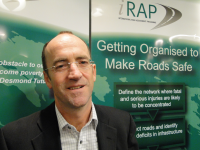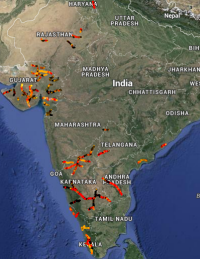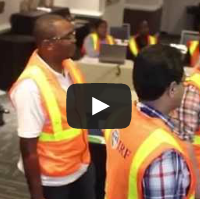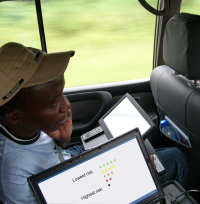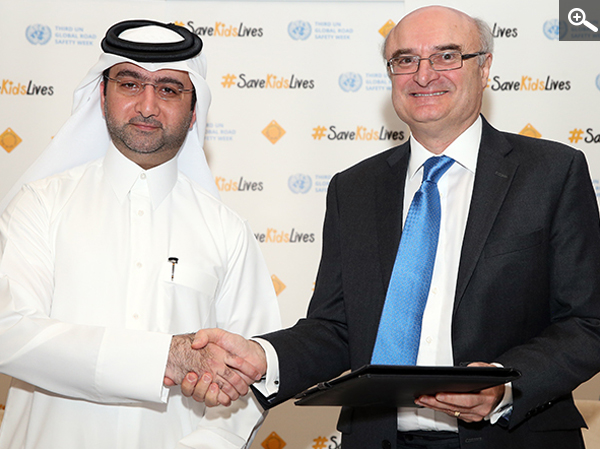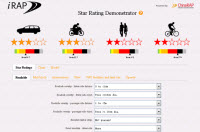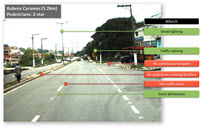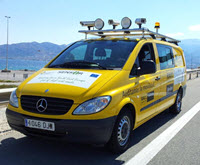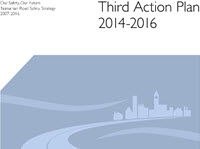iRAP’s Dr Steve Lawson recently received an AIRSO 50th Anniversary Road Safety Award in recognition of his significant and lasting contribution to road safety.
Steve Lawson’s work over 35 years includes research to reduce single-vehicle crashes and those involving young pedestrians, work on traffic cameras and red-light running, and supporting the development and application of protocols used by EuroRAP and iRAP.
AIRSO is a charity and independent membership organisation based in the United Kingdom and was established in 1965. The 50th anniversary awards were presented by Tim Stevenson OBE, Lord Lieutenant for Oxfordshire.


